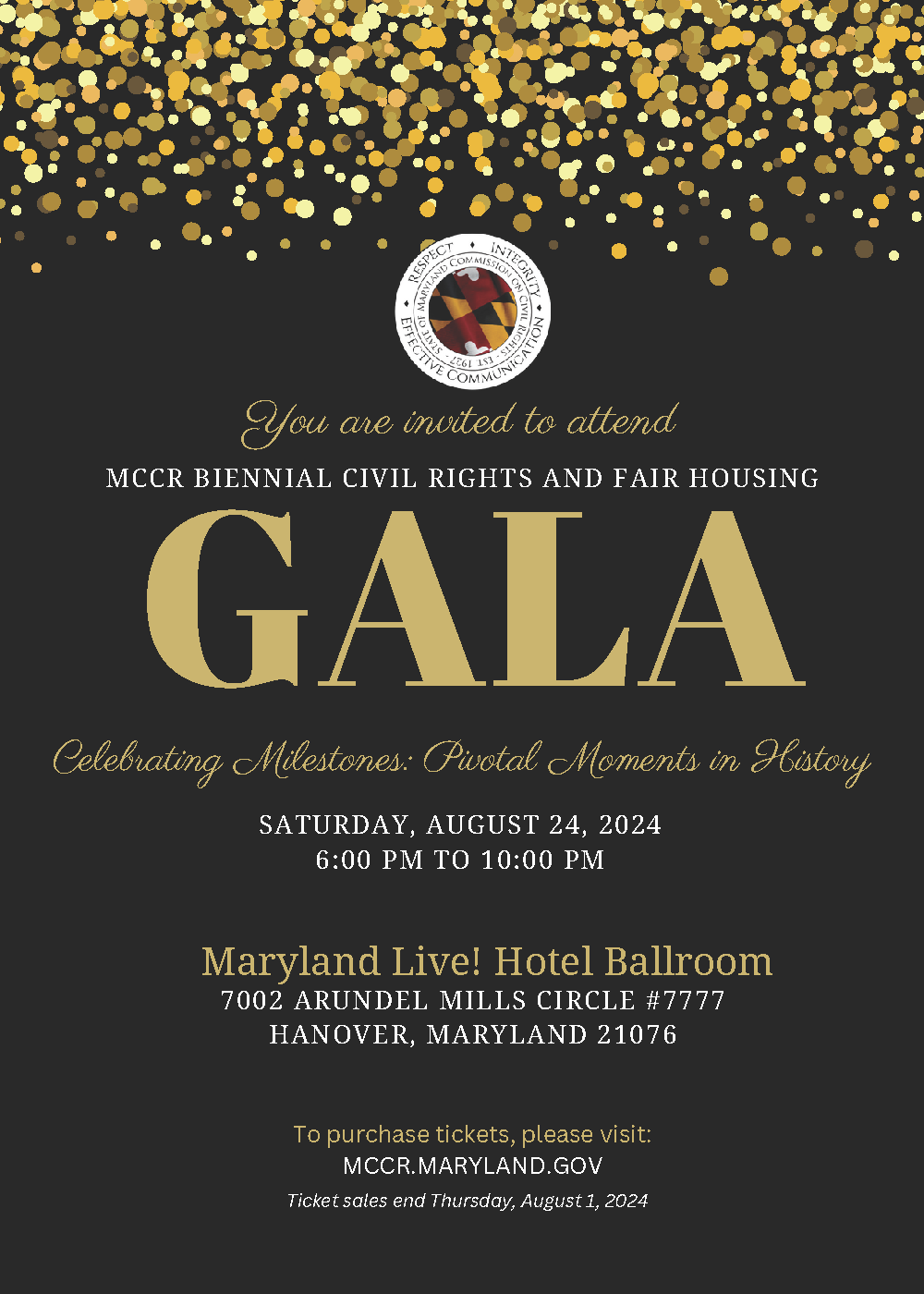HUD recently took an important step forward to protect families with vouchers, authorizing the use of federal Fair Housing Assistance Program (FHAP) funds by state human rights agencies for testing and investigation of source of income discrimination cases. This follows a similar 2021 memo authorizing source of income discrimination testing and investigations at HUD funded fair housing centers.
Specifically, HUD informed organizations and agencies funded under HUD’s Fair Housing Assistance Program (FHAP) that funding can be used to support "source of income testing activities, source of income testing projects that are designed to uncover discrimination that violates the Fair Housing Act or substantially equivalent state or local fair housing laws.
In addition, HUD informed Fair Housing Initiatives Program (FHIP) grantees that FHEO will approve and pay for FHIP testing activities as long as they are designed to identify violations of the Fair Housing Act, whether they be instances of intentional discrimination, discrimination with unjustified discriminatory effects or less discriminatory alternatives, refusals to grant reasonable accommodations for persons with disabilities, or cases where discrimination erodes compliance with the duty to affirmatively further fair housing. Some state and local fair housing laws, which have been deemed by HUD as substantially equivalent to the federal Fair Housing Act, may include “source of income” or the like as a protected class. Testing for discrimination because of someone’s source of income could be funded with FHIP PEI funds because such discrimination can violate the Fair Housing Act.
This memorandum also clarifies that FHAP funds can be used to conduct source of income testing activities to detect discrimination that may violate the Fair Housing Act or substantially equivalent state or local fair housing laws.
In accordance with 24 C.F.R Part 115, FHAP agencies are permitted to use HUD funds to enforce substantially equivalent local or state laws. FHAP agencies may use FHAP funds to conduct source of income testing as an investigative tool in processing dual-filed complaints. FHAP funds may also support source of income testing activities as part of special enforcement efforts, partnerships initiatives, or other fair housing projects developed by FHAP agencies to enforce state or local fair housing laws.
HUD said that it is doing this because one specific type of source-of-income discrimination - based on someone’s use of a Housing Choice Voucher (HCV) - remains extremely high. This is important particularly because the HCV program is HUD’s primary program to assist very low-income families, elderly persons, and individuals with disabilities to afford decent, safe, and sanitary housing in the private housing market. Under the law, HCV participants can apply to any housing meeting HCV requirements are not located in subsidized housing projects. In practice, housing providers - especially those with units in low-poverty, well-resourced neighborhoods - often refuse to rent or sell to voucher holders. And because households who use HCVs are disproportionately Black, Hispanic, people with disabilities, families with minor children, and female-headed households, discrimination against voucher holders can violate the Fair Housing Act’s prohibition on discrimination because of protected characteristics, including but not limited to race, color, national origin, sex, disability, and familial status.
HUD regards fair housing testing as a critical investigative tool because it effectively detects hidden disparate treatment in housing practices. However, the Department urges FHAP agencies to not limit their testing and enforcement programs to intentional discrimination. HUD encourages testing activities designed to identify discrimination that violates the Act - through disparate treatment or unjustified discrimination.
*****
Read HUD's February 12, 2024 Source of Income Discrimination Memorandum.







